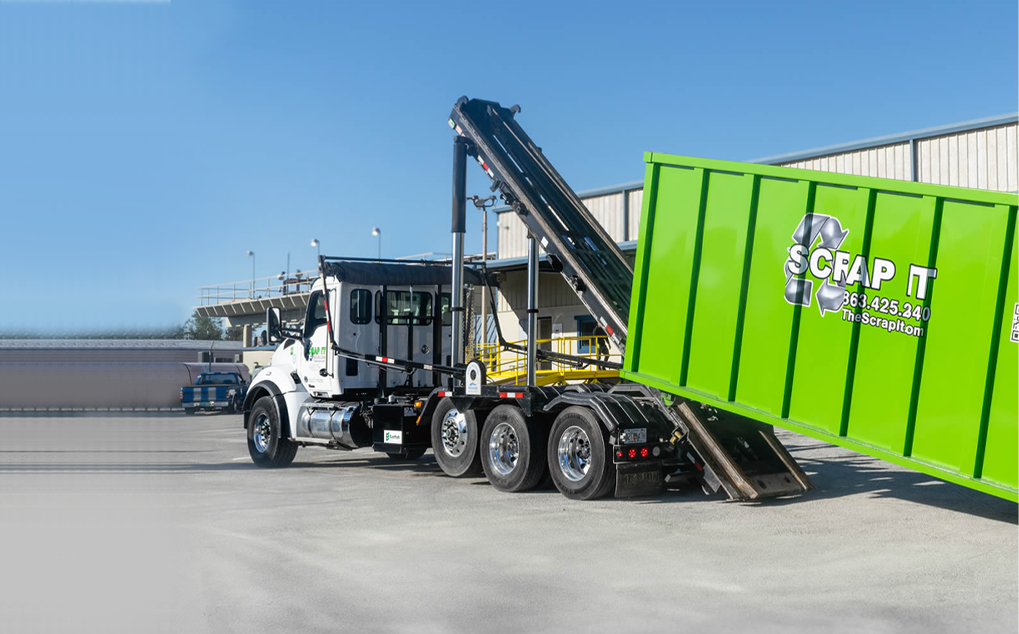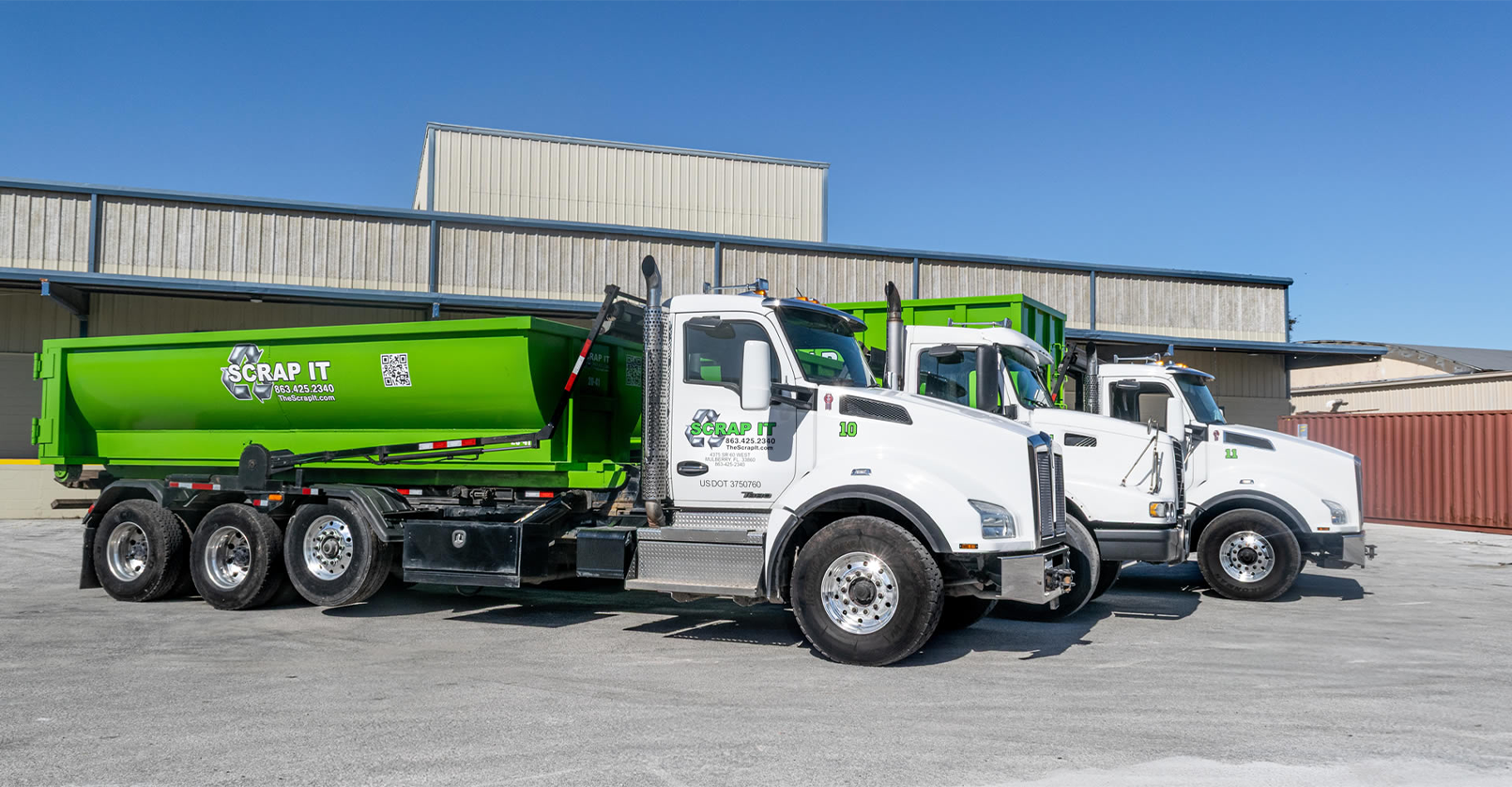Clear the area where you want the dumpster dropped off. Remove vehicles or anything in the way. The surface should be firm and level, and if you’re worried about damage to your driveway or lawn, lay down boards or plywood ahead of time. Let neighbors or anyone using the space know what’s going on, especially if the container will block access temporarily.


